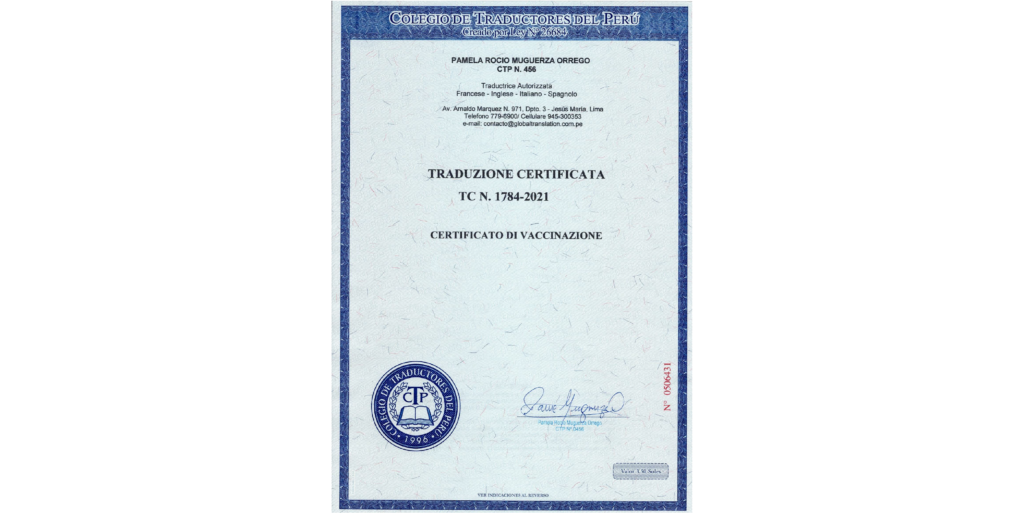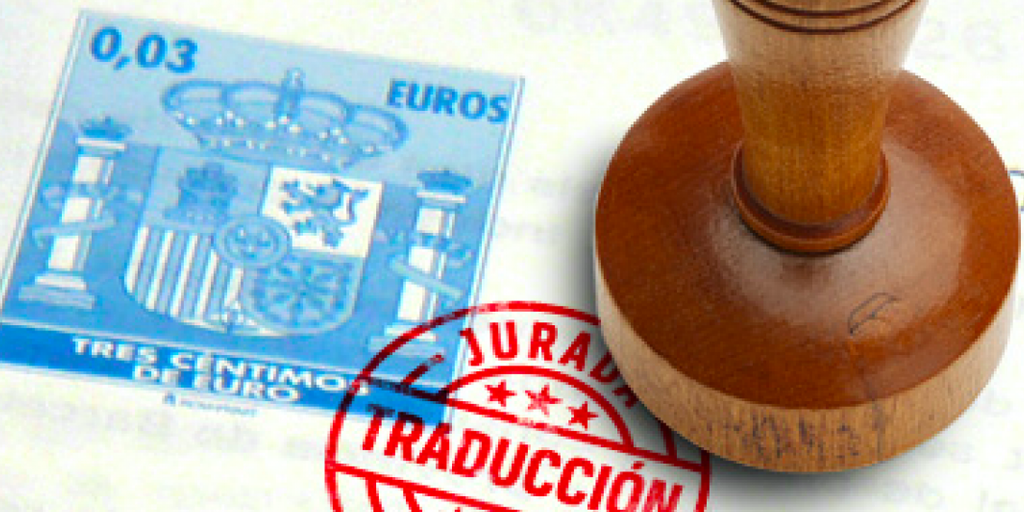First of all, we must understand that a machine translation is a translation performed by an automatic translator available on the Internet.
The machine translation from English to Spanish is most in demand worldwide and is the most accurate of the more than 1 billion translations done daily worldwide with Google Translate, explained the head of the service, Macduff Hughes.
"The largest number of translations corresponds to translations of web pages and the main combination is English to Spanish," explained the head of this free, 100% automated service, which is based on algorithms developed by computer engineers and is available in 80 languages.
Hughes indicated that the high demand for automated translations from English into Spanish exists both in the U.S. and in Spanish-speaking countries.
"On the Internet there is much more content in English than in Spanish and there are a large number of Spanish speakers connected to the Internet, which explains the need to translate content," explained the Google engineer.
Machine translation is based on a statistical system that takes information from existing text.
What this system does is to analyze millions and millions of translations of books and international organizations such as the UN, among others. This analysis detects patterns that make billions of repetitions of words that allow the identification of billions of patterns and end up generating "a very intelligent computer program".
For this reason, the most important thing for accurate translations is that there are many examples of translations already available on the Internet from which this system can learn.
"Our highest quality translations are in the English-Spanish combination, regardless of the direction," said Hughes, who noted that results are also quite good in Portuguese, French and Italian.
The situation for other languages such as Chinese is different, as their translations are deficient.
Far from reaching a 'professional' level
The executive pointed out that, despite the progress made since its launch in 2006, Google Translate is far from reaching the level of a professional translator.
"We don't plan to put translators out of work. If you want a quality translation you need to hire a professional and I think that will remain an important point for a long time to come," he said.
What Google Translate has achieved is to expand the amount of translations that can be done by the general public.
The engineer explained that there are many occasions when it is not cost-effective to hire a professional translator and that a service such as Google Translate is sufficient.
Useful services include, for example, assistance to women victims of domestic violence, who often do not speak the language of the country in which they live.
In addition to emergency services, Google Translate is widely used by tourists, as well as for translating news and health-related information.
Looking ahead, Hughes says he would like "anyone in the world to be able to consume information without language being an issue".
"We want to be able to translate languages that 99% of the world's population speaks" and do it with quality, Hughes explained.
The next step: simultaneous voice translation
The next step will be to move forward with simultaneous voice translation, an area in which Hughes is particularly interested.
"I would like anyone anywhere in the world to be able to have a conversation with another person" regardless of what the language is, using mobile devices with headsets and microphones.
"You could be speaking Spanish and I could be speaking English and it wouldn't matter. That's my dream, but I think I'll keep dreaming for a long time," he joked.
Google Translate has 200 million monthly active users and is available in mobile apps and browsers. The one billion translations performed daily are equivalent to the text of one million books.
Recently added languages include Somali, Zulu, Mongolian and Nepali.
Google Translate periodically hires native speakers to assess quality: "Progress is slow and incremental," Hughes concluded.
Source: 20 Minutos
Adapted by: Global Translation E.I.R.L.







